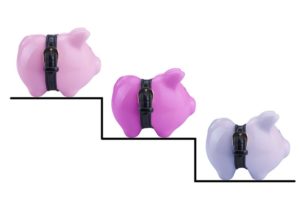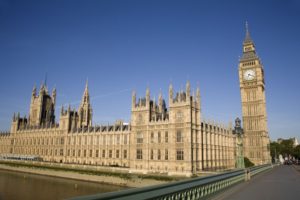The Office of Tax Simplification (OTS) has updated its papers on the possibility of launching a Sole Enterprise Protected Assets (SEPA) business model for sole traders.
SEPA status would allow sole traders to retain the simplicity of sole trader status but at the same time offer liability protection for a sole trader’s primary residence and possibly the individual’s pension fund. SEPA would not have a separate legal identity and the sole trader would continue to be taxed as is currently the case as a self-employed person.
The introduction of the SEPA status would simplify the tax and accounting requirements for unincorporated businesses by removing a key non-tax reason of limited liability protection for incorporation. This would allow small businesses to benefit from some degree of personal asset protection, and at the same time remove the need to incorporate solely for limited liability. However, there are concerns on the impact this status could have when businesses look to obtain bank finance or access trade credit.
The OTS, whilst appearing in favour of introducing the SEPA status, makes it clear that‘the case for SEPA’s introduction is not by any means cast iron’. However, the OTS would like to see the issue developed further. After all, there are estimated to be 3.3m self-employed sole proprietors in the UK all of whom are operating with unlimited liability and could benefit from SEPA status. There are also many micro-sized limited companies employing few or no staff who would likely move their business to the SEPA model if legislation was forthcoming.







